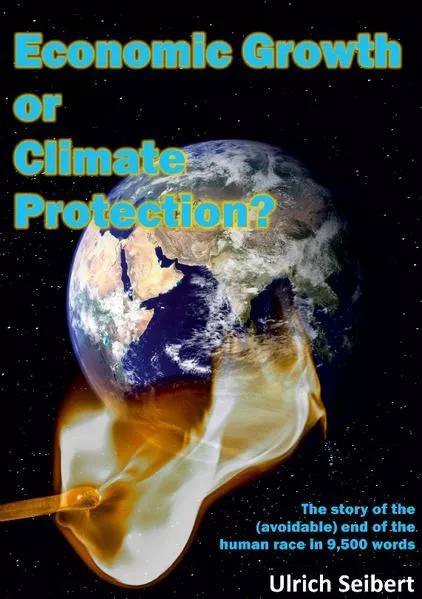
- Publikationen ca: 1
- Gefolgt von 1 Nutzern
- Fragen & Antworten
Seibert, Ulrich
Ulrich Seibert, born in 1964, grew up in the south of Bavaria (Germany) and studied economics. After having graduated from Regensburg University with a diploma, he worked for different firms of the same group of companies. At the beginning of the 2000s, he moved through a tax consulting firm to an employers' association as a company advisor.
Around 2012, he quit his job in business for family reasons for a while and devoted himself entirely to writing, politics and music. Various short stories and novels were published. In 2019 his book "Die Diktatur des Monetariats" (The Dictatorship of the Monetariats), a topic near to his justice-craving heart, with which he returned to the starting point of his writing career, the genre of non-fiction. In this work, he tries to explain economic contexts and schemes in a generally understandable way and to show, which groups of people have staged the coup against Keynesianism (the German manifestation of this was the social market economy - "Soziale Marktwirtschaft") and institutionalized the system of neoliberalism - the system of the law of the strongest - for which motives.
For about a year now, Seibert is also in charge of an editorial office called after his book "Die Diktatur des Monetariats" at a local radio station in Munich.
With this writing he actually wanted to end his excursion into economic policy literature. But things turned out differently ...
Around 2012, he quit his job in business for family reasons for a while and devoted himself entirely to writing, politics and music. Various short stories and novels were published. In 2019 his book "Die Diktatur des Monetariats" (The Dictatorship of the Monetariats), a topic near to his justice-craving heart, with which he returned to the starting point of his writing career, the genre of non-fiction. In this work, he tries to explain economic contexts and schemes in a generally understandable way and to show, which groups of people have staged the coup against Keynesianism (the German manifestation of this was the social market economy - "Soziale Marktwirtschaft") and institutionalized the system of neoliberalism - the system of the law of the strongest - for which motives.
For about a year now, Seibert is also in charge of an editorial office called after his book "Die Diktatur des Monetariats" at a local radio station in Munich.
With this writing he actually wanted to end his excursion into economic policy literature. But things turned out differently ...

Monster
Die Medien und das BKA nennen ihn nur "das Monster". Denn, so sagen sie, er sei in der Lage, allein mittels der Kraft seiner Gedanken Menschen zu töten - und: Er, über dessen Identität oder Aussehen nichts bekannt ist, sei der Anführer der mächtigsten und gefährlichsten kriminellen Vereinigung in West-Europa.

Economic Growth or Climate Protection?
The story of climate change is omnipresent. But we rarely hear the whole story. And even less often, we hear it as a generally understandable gist.Humanity must finally respond appropriately, otherwise, its end is already heralded. But still - among all our political institutions - another size is prioritized: Economic growth.